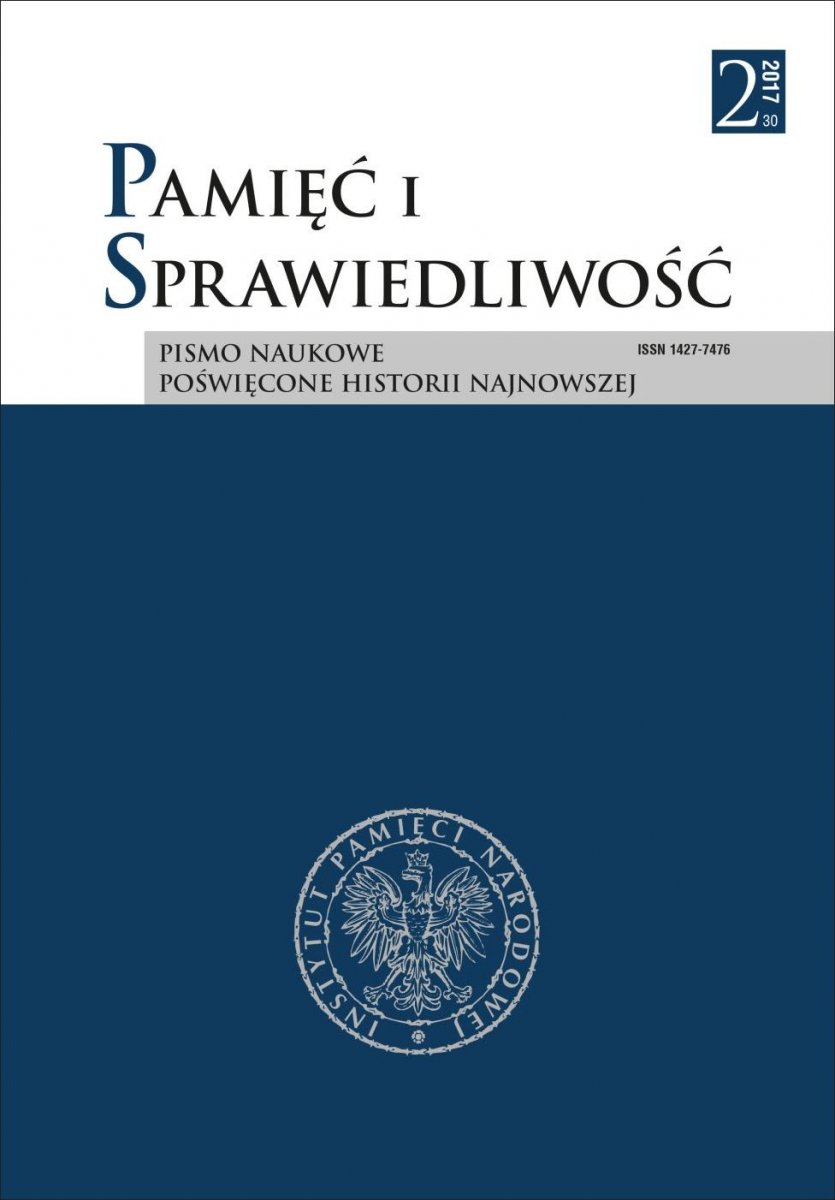Pacyfikacje społecznych inicjatyw w zakresie budownictwa sakralnego na przykładzie Szklar w archidiecezji krakowskiej
Pacification of Social Initiatives with Regard to Construction of Sacred Buildings as Illustrated by the Case of Szklary in Kraków Archdiocese
Author(s): Ryszard GryzSubject(s): Christian Theology and Religion, Politics and religion, Post-War period (1950 - 1989)
Published by: Instytut Pamięci Narodowej
Keywords: sacred buildings; Church–State relations; Polish People’s Republic; Karol Wojtyła;
Summary/Abstract: The article is a case study on the origin, course and consequences of the actions on 12th August 1974, which pacified the resistance of the residents of Szklary, a village in the Kraków Archdiocese, who opposed the demolition of a room added to a catechetical building. The estate was owned by Fr Józef Pochopień, the vicar at the home parish of Racławice Olkuskie, who also commissioned the modification of the building. According to the wishes of the Catholic residents of Szklary, he planned to established an independent ministry in the village. The party and state leadership of the Olkusz Poviat and the Kraków Voivodeship recognised the construction as illegal. Before the administrative decision to block the construction came into force, representatives of the Party, officers competent for religious denominations and officers of the security apparatus had prepared a plan to demolish the unauthorised construction and decided to conduct the operation by force. The intervention involved security and police forces, who beat over thirty people, mainly women, who defended the estate on the behalf of their absent prefect. The course of the brutal action was documented in the operational materials of the Security Service. The incident proved discrimination of Catholics under the Polish People’s Republic when the construction permits concerning religious buildings were strictly regulated. The result of the conflict was positive for the residents of Szklary, who had a parish established in their village a few years later and built a church. This project became positive due to the personal effort and support by the Metropolitan Archbishop of Kraków, Cardinal Karol Wojtyła. A person strongly involved in provision of legal protection for the victims was Advocate Andrzej Rozmarynowicz. Despite the persecution, Fr Józef Pochopień, who was sentenced to suspended imprisonment, underwent financial persecution, was spied on and experienced attempted recruitment for cooperation with the Security Service, did not give up. The case of Szklary was used by the authorities of the Polish People’s Republic to create a model of combating social initiatives related to construction of sacred buildings.
Journal: Pamięć i Sprawiedliwość.
- Issue Year: 30/2017
- Issue No: 2
- Page Range: 434-450
- Page Count: 17
- Language: Polish

